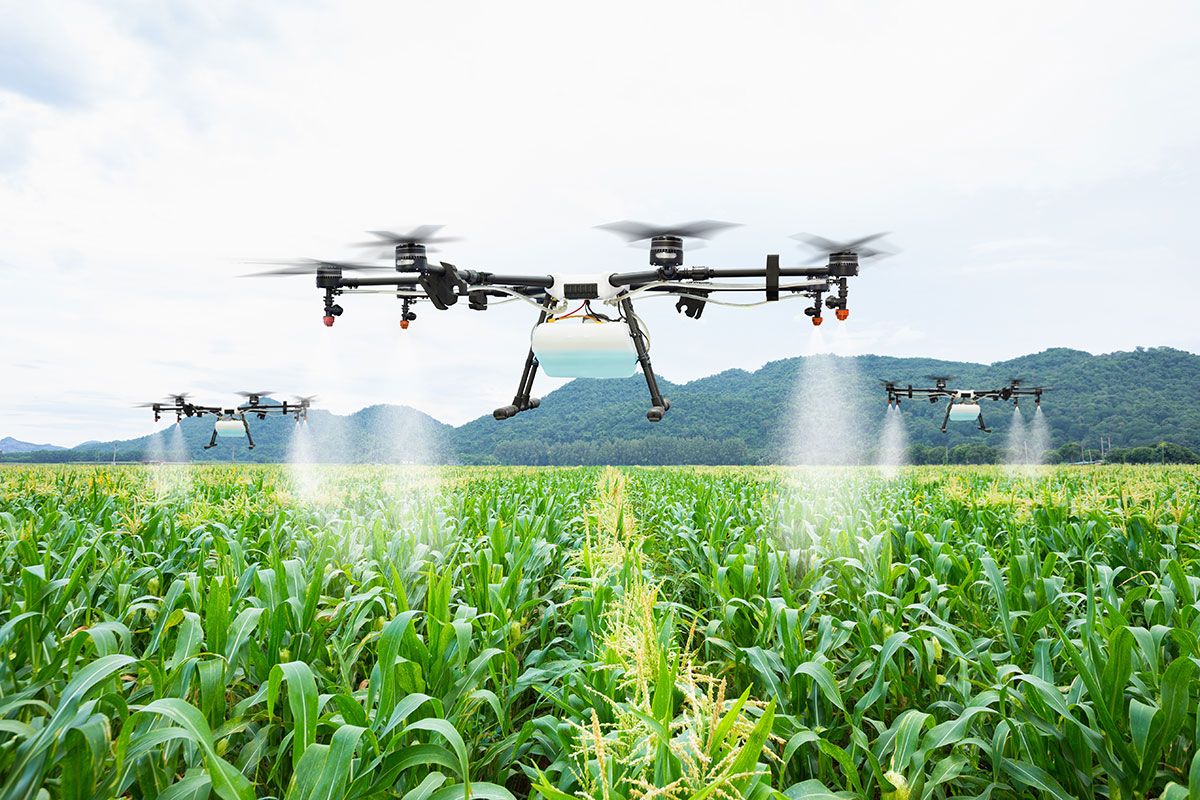
In a groundbreaking initiative, organizations like WeRobotics and the African Drone and Data Academy are spearheading efforts to train local entrepreneurs in Africa to harness the power of drones for agricultural purposes. This innovative approach is transforming traditional farming methods and empowering farmers with real-time data and insights to optimize crop management, increase yields, and mitigate losses.
With agriculture being the backbone of many African economies, the adoption of drone technology holds immense potential to revolutionize the sector. By equipping farmers with drones for tasks such as crop monitoring, pest control, and mapping, these initiatives are paving the way for more efficient and sustainable agricultural practices.
Through hands-on training programs and workshops, local entrepreneurs are being equipped with the skills and knowledge needed to operate drones effectively and interpret the data they collect. This not only creates employment opportunities but also empowers farmers with valuable information to make informed decisions about their crops.
One of the key advantages of using drones in agriculture is the ability to provide real-time data on crop health, soil moisture levels, and pest infestations. Armed with this information, farmers can take proactive measures to address issues such as nutrient deficiencies, water stress, and pest outbreaks, thereby optimizing crop yields and quality.
Furthermore, drones enable farmers to conduct precise aerial surveys and mapping of their fields, allowing for more accurate planning and resource allocation. This is particularly beneficial in large-scale farming operations where timely and precise interventions can make a significant difference in overall productivity and profitability.
Moreover, drones play a crucial role in reducing post-harvest losses by enabling early detection of potential issues such as crop diseases, weather-related damage, and harvesting delays. By identifying and addressing these challenges in a timely manner, farmers can minimize losses and maximize the value of their harvests.
Overall, the integration of drone technology into African agriculture represents a significant step towards achieving food security, promoting sustainable development, and empowering rural communities. As these initiatives continue to expand and evolve, the future looks promising for a more resilient and prosperous agricultural sector in Africa.
